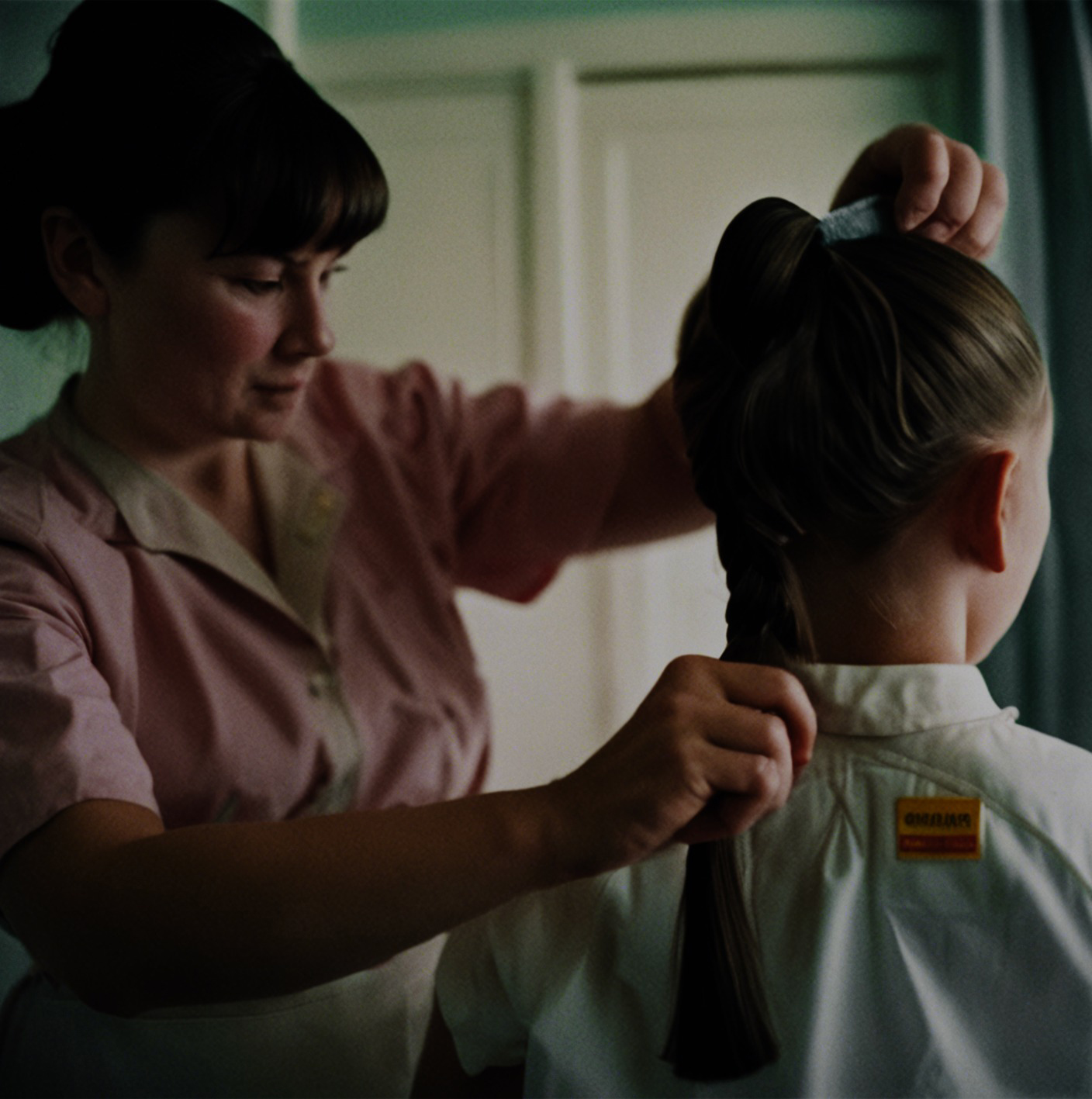Anna (43) costringe sua figlia Sofia (17) ad aiutarla a svolgere un cleaning service in un’enorme e isolata villa ancora disabitata. Madre e figlia hanno un rapporto già di per sé molto conflittuale e gli eventi precipitano quando Sofia intercetta il desiderio segreto e represso che Anna prova per Diego, il capo degli operai, lì per ultimare i lavori nella villa. La ragazza, per ferire la madre, decide di sedurlo, innescando una competizione che sconvolgerà il loro rapporto fino a una drammatica conseguenza.
Sporco è un esordio di rara sensibilità e onestà, che mette a nudo i sentimenti più viscerali e intimi della sua autrice e regista, portando in scena una storia che parla di corpi e di rapporti. Il racconto affronta la relazione conflittuale tra una madre e una figlia adolescente, dove quest’ultima, si pone come obiettivo quello di sedurre l’uomo per il quale la madre si è invaghita, dando vita a una serie di inaspettati colpi di scena che nel finale porteranno le due a ritrovare una complicità e una comprensione che non immaginavano possibili.La sceneggiatura di Sporco esplora con cura un rapporto in cui madre e figlia hanno smesso di ascoltarsi, di capirsi, e arrivano a colpirsi e ferirsi, pur di riuscire ad ottenere le attenzioni di cui hanno bisogno. Un percorso emotivo complesso e scivoloso, che gli autori rendono senza censura o giudizio, raccontando le pericolose conseguenze che possono nascere dall’inascoltata necessità di essere visti.Al contrario, l’ambientazione “vede” tutto: una lussuosa villa con telecamere nascoste che i ricchi proprietari usano per controllare i dipendenti a loro insaputa. Un controllo schiacciante e inquietante che pesa sui protagonisti e mette sotto una lente di ingrandimento ogni loro sguardo e movimento, rimarcando l’atmosfera da thriller psicologico che pervade tutta la storia. Parallelamente la scrittura altamente evocativa dell’ambiente e degli effetti sonori, dimostra già dalla prima versione della sceneggiatura una personalissima voce autoriale. In Sporco viene sapientemente raccontato un mondo reale, dove si muovono personaggi aspri, a tratti irritanti, e anche per questo estremamente realistici. In questo scenario gli autori innestano naturalmente, e in modo inedito, tematiche più ampie senza che queste diventino il fulcro della narrazione. Un esempio è il modo in cui viene raccontato il peso della propria condizione sociale: da una parte scegliendo un’ambientazione originale, ovvero il sud della Svizzera, dove gli immigrati sono gli italiani, dall’altra scegliendo di non mettere mai in scena il contraltare, ovvero i proprietari della villa dove le protagoniste devono svolgere il loro lavoro di pulizie. Giada Bossi e Massimo De Angelis portano un’idea di racconto che è da spunto per una riflessione artistica sui rapporti familiari, evidenziando quanto poco conosciamo, e siamo disposti a conoscere, di chi ci sta vicino e quanto traumatico può essere arrivare finalmente a comprenderci. L’intimo e personale punto di vista di Giada Bossi, così come la chiara visione artistica che ha del progetto, si uniscono a l'expertise di scrittura di Massimo De Angelis in una collaborazione dinamica e promettente.
